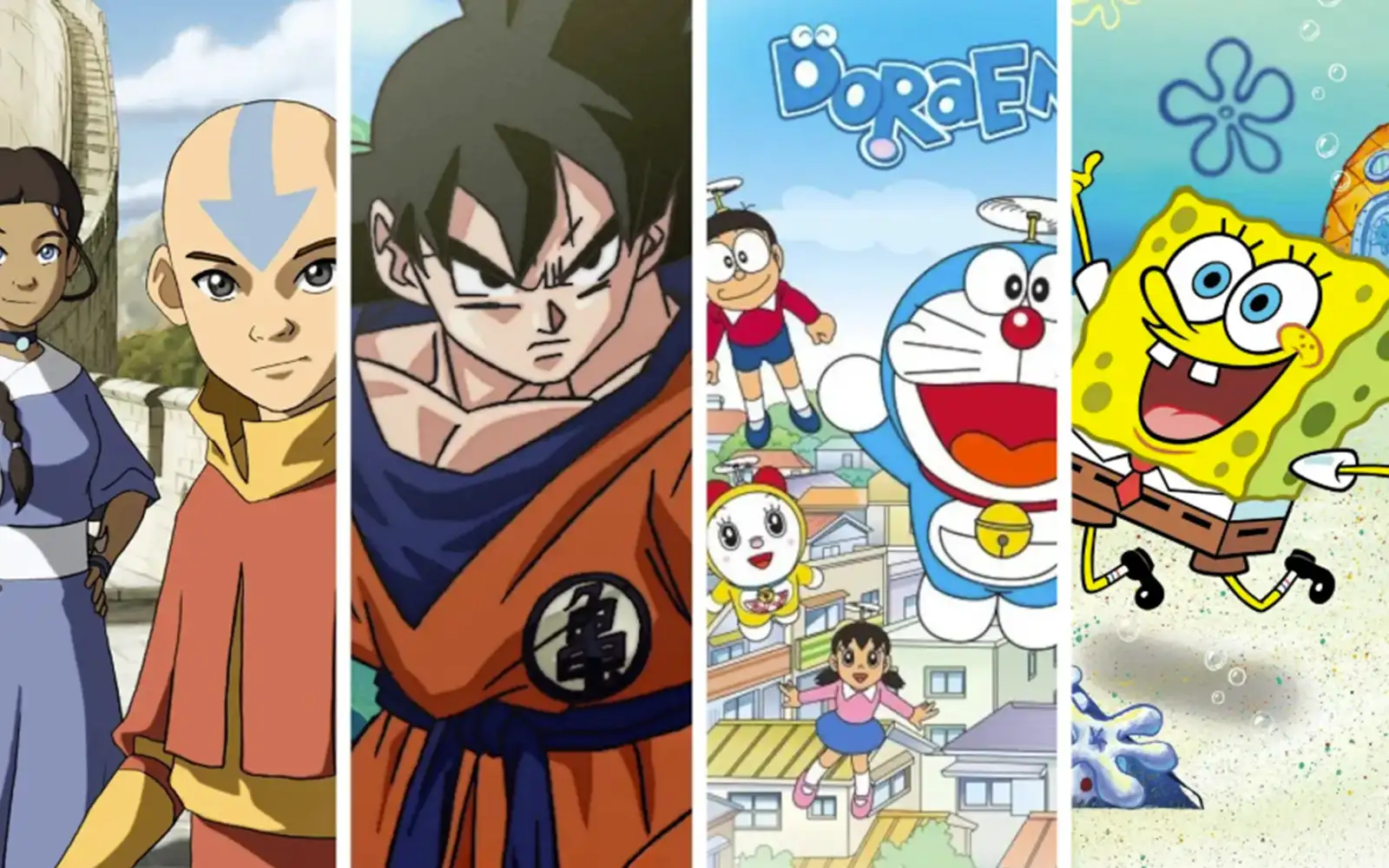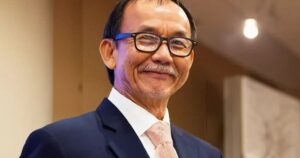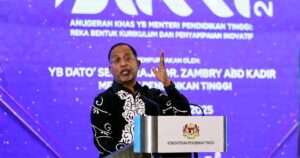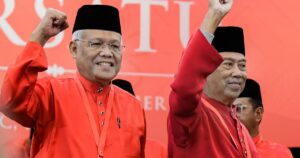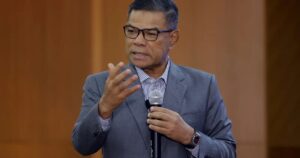
Ruhaiyah Ibrahim, the voice behind the Malaysian version of “Doraemon”, still remembers her heyday as a voice actor – when she was so busy, she sometimes had to spend nights at the studio.
The 58-year-old recalled how she and her fellow actors would work up to three shifts a day to complete hundreds of animation and drama series from countries including Japan, Korea, Saudi Arabia, Brazil and Turkey.
“Back then, we were like a ‘voice factory’. Dubbing projects never stopped; sometimes there weren’t even enough voices to go around.
“If the audience liked it, they would write letters of praise in the newspaper. Not like now, where everything is through social media,” she told FMT, adding that she would earn up to RM7,000 a month circa 1996.
Sadly, this is now a distant memory. Ruhaiyah admits the voice-acting world is no longer as vibrant as it used to be: projects are nearly nonexistent, productions are increasingly limited, and many voice actors struggle to stay afloat in the industry.

She herself has not been called to record for Doraemon – a character she embodied for almost 30 years – in a long time.
“The longing is still there. Sometimes, if someone asks me to do the Doraemon voice at a wedding, I’ll do it. I would feel shy, but if it makes someone smile, I’m OK with it.”
Ruhaiyah also lent her voice to other popular animations like “Dragon Ball”, “Sailor Moon”, “SpongeBob SquarePants”, “Detective Conan”, “Naruto”, “Crayon Shin-chan”, “Robocar Poli”, “Avatar”, “CatDog”, and “Tom & Jerry”.
Another voice actor, Charl Fitri – the voice of Tarzan in the animated TV series – is also struggling to maintain his place in a shrinking industry.
The 48-year-old’s talent was discovered by Ruhaiyah in 2004 when he casually attended a voice-acting audition. Despite having had no background in the arts, he proved his abilities and became one of the main voices for children’s programming at the time.

He has voiced characters such as Tarzan, Papa Nobita, Mr Pink (the duck in “Kung Fu Panda”) and King Julien (“Madagascar”), and also served as the narrator for the Malay-language version of “National Geographic” documentaries.
His deep, commanding voice once made him a top choice for action and adult male roles. But now, opportunities are increasingly scarce, and Charl admits he has to work harder to grab whatever openings are available.
“These days, I do all sorts of things – conduct voice training, host events, and record voiceovers for ads and digital content,” he shared.
Even though the industry no longer favours them, Ruhaiyah and Charl believe that, given the right opportunity, veteran talents still have plenty to offer.
“We are not chasing fame. But if we once made people laugh, cry and learn, then our voices still deserve a place,” they concluded.
